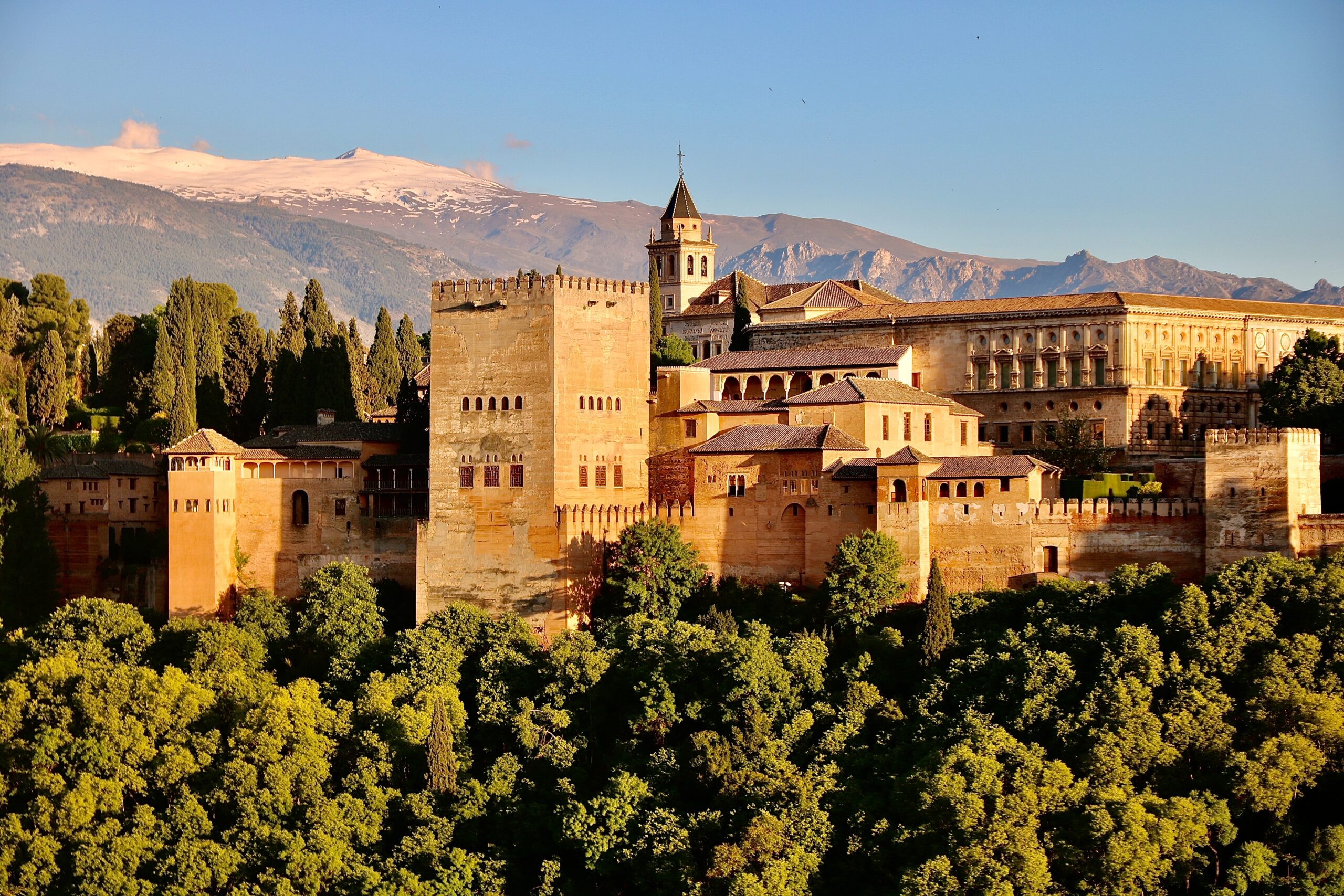The superlative film of the neorealist movement, Bicycle Thieves plays as tragedy. Having endured unemployment and penury, Antonio accepts a job for which he needs a bicycle; he procures the bicycle at the cost of bedsheets, which his wife has sacrificed, amplifying the indignity of their living conditions; and he goes about his first day with success, after leaving his son, Bruno, at the pitiable filling station to which he is to return that evening. But after Antonio leaves his bicycle against a wall, a reprobate steals it, making off into the distance and leaving Antonio where he started—in penury, indignity, and squalor.
If this misfortune fails to convey the hopelessness of these Roman lives, then the following day, when Antonio and Bruno set out to recover the stolen bicycle, has enough misfortune to defeat an optimist. While playing as tragedy, Bicycle Thieves is not tragedy, but farce; emphasizing the futility of the institution, the collective, the group, all but the individual, the film reveals the individual plight, without hope and with little solace. Refusing to look away from this plight, the film retains its artistic integrity while creating farce, depicting lives that begin and end with failure, unremitting and pitiless.
The odyssey of Antonio and Bruno finds its farce in the failures of institutions to alleviate their plight, those institutions being the church, the proletariat, and the state, as well as in the misfortunes from which they cannot escape.
After looking for the bicycle with proletarian comrades and enduring rain, Antonio and Bruno take cover beneath an overhang where a group of German churchmen, chattering like buzzards, plant themselves for a few moments. The contrast between garrulity and sorrow in the small space highlights the futility of Antonio’s plight, and the impotence of a church attending to the spirit while justifying the suffering of its people. The contrast again arises in the almshouse to which Antonio and Bruno have pursued a potential abettor of the thief. The man is in tatters and has long subsisted in poverty, having beady eyes and a piggish face, and he has stymied the pursuit. Chasing him through the mass, Antonio fails to apprehend him, and meanwhile two congregants shoo him away, an intruder who fails to toe the line. Earthly problems have rarely been so neglected.
An extension of the futile mysticism of the church, a quack on her careless and predatory throne, the soothsayer offers advice that reveals nothing, but coincides with Antonio’s discovering the thief. Fomenting the hopes of the downtrodden, the church and the soothsayer alike exhibit indifference to the problems of the individual, dwelling in refined generalities and avoiding the nauseous, dirty, and difficult work of solving problems.
The proletariat also fails to alleviate the plight of Antonio. The Marxist guild in the basement of a building has members speaking hurriedly, and with great anticipation, about the need for a plan, the dearth of jobs, the bourgeois opposition—the communist claptrap that does nothing to resolve the urgent problems of such a man as Antonio. Having procured the help of well-meaning but remiss colleagues, Antonio sets out the following day to search, dealing with the futility of looking for a bicycle amid an endless sea of wheels and parts and chains and frames. The bumbling group of proletarians emphasizes this futility by failing to “split up” after resolving to do so, and alongside Antonio and Bruno, who cannot search long away from his father, the group meanders through the day. And each of them knows what they all know: the bicycle will not be found.
The search culminates in their drive through the rain, when the driver, a heedless aggressor behind the wheel, nearly runs into a pedestrian. After he stops in the street, Antonio and Bruno step from the car and endure the downpour, and the driver skids away. The piety of class consciousness has become an empty shibboleth, the ideal of the collective an individual misery.
The state is an amorphous entity that, in Bicycle Thieves, manifests as the diverse officialdom with which Antonio has two encounters: first in the police station, and second on the street to which Bruno brings an officer to rescue his father. The first encounter in the police station sets a precedent that the second is to solidify—that authority is unwilling to help Antonio, that they have more pressing concerns than that of a bicycle. But however trifling a bicycle is to the state, it is the lifeblood of Antonio. The interests of Antonio and of the state are mutually immaterial, yet each is integral to the subsistence of the other; what would the state be without its people, or the people without its state? These are the untidy problems creating disaffection.
By solidifying the precedent of the first, the second encounter drives home the futility of the search. Speaking with Antonio on the stairs, where Antonio can see the thief who has had a seizure and lies basking, an innocent lamb, the officer conveys with a prosaic certitude that nothing can be done, that he would need a witness, that friends of the thief outnumber him. And Antonio retreats, calling to his son, who has stayed with the crowd as an expression of the futility dogging them. Hopelessness and disbelief have infected Bruno.
So the same principle pertaining to the inefficacy of the proletariat, and to that of the church, pertains to the state: whatever their collective successes, institutions cannot solve the problems of the individual, much less alleviate the tragic futility that, in Bicycle Thieves, turns into farce.
The misfortunes befalling the lives of Antonio and Bruno, cut off by solitude, dogged and despairing, sprinkle the scenes between these institutional failures. Desperate and hell-bent, Antonio in many scenes leaves his son to the madness of the city, and Bruno has to fend off the weather and vehicles and predators. That he evades the many threats is fortunate; but his solitude as a child, jettisoned by his hell-bent father, underlines how the search corrodes the relationship of father and son. But the misfortunes of their search, regardless of whether Antonio sees them, contribute all the same to the farce overtaking the story.
After suffering the institutional failures and the sundry misfortunes of their search, hopeless and downcast, Antonio and Bruno discover the nadir of this madness: having tried to steal a bicycle, Antonio is caught, upbraided before his son, and vanquished for trying to resolve his predicament. His thievery is the confirmation that life is absurd and unwinnable; his humiliation, bitter and unjust, is the expression of the insoluble predicament of his poverty, of their lives. And since it is insoluble, it is farcical—for how can something invariable and unremitting be tragic? The final scene of the film is depressing, the actions of Antonio futile; but he and his son are powerless, mites in the wind, and their lives are as depressing as they are meaningless.
As Antonio and Bruno merge with the crowd, Antonio having been reduced to a failure, bereft of dignity, their retreat betrays both ignominy and nothingness, embarrassment and meaninglessness. Their holding hands suggests the possibility of a mutual solace, which would be the proper, conventional interpretation; but their differences of experience belie it. Slipping in the rain, nearly struck by a car, prey to human predators, Bruno has barely survived; and if the predicament of Antonio is as insoluble as it seems, such dangers will return, and the respite of filial love will subside as quickly as the snuffing of a candle.
Father and son walk from a past into a future that are alike absurd, relentless, with perhaps only the solace that, having suffered, they can better apprehend the suffering in human life.


